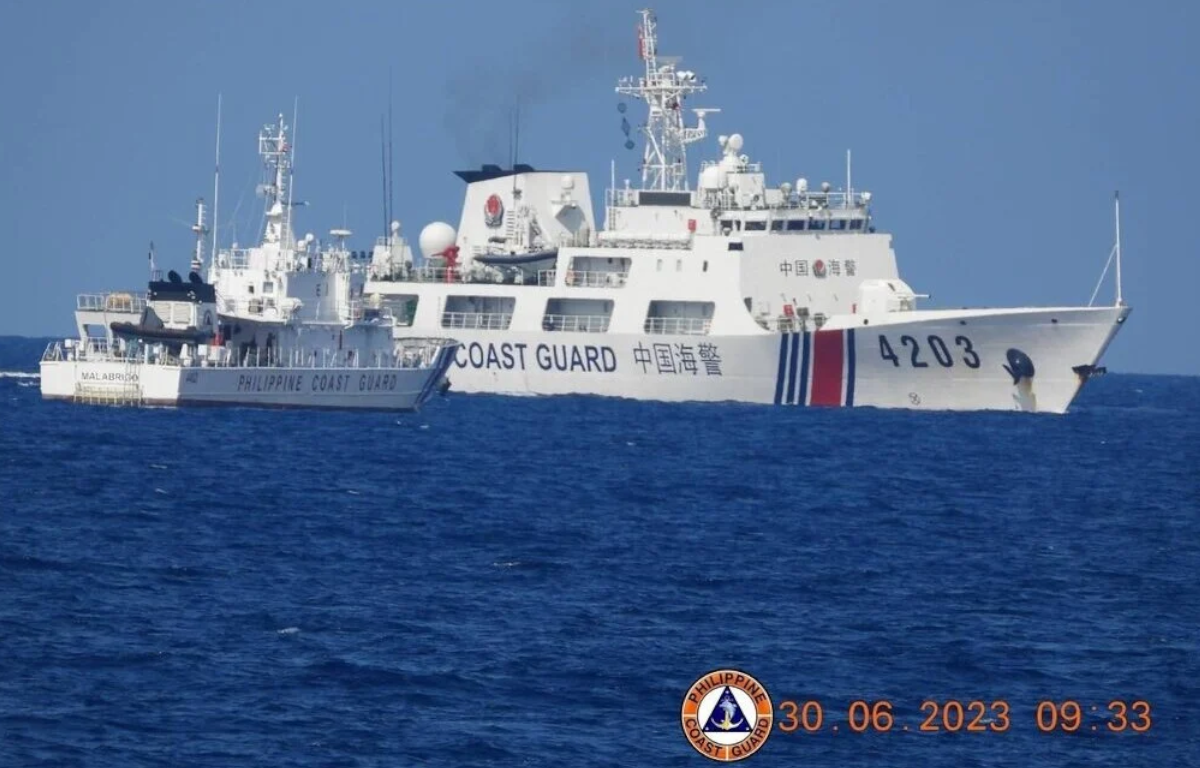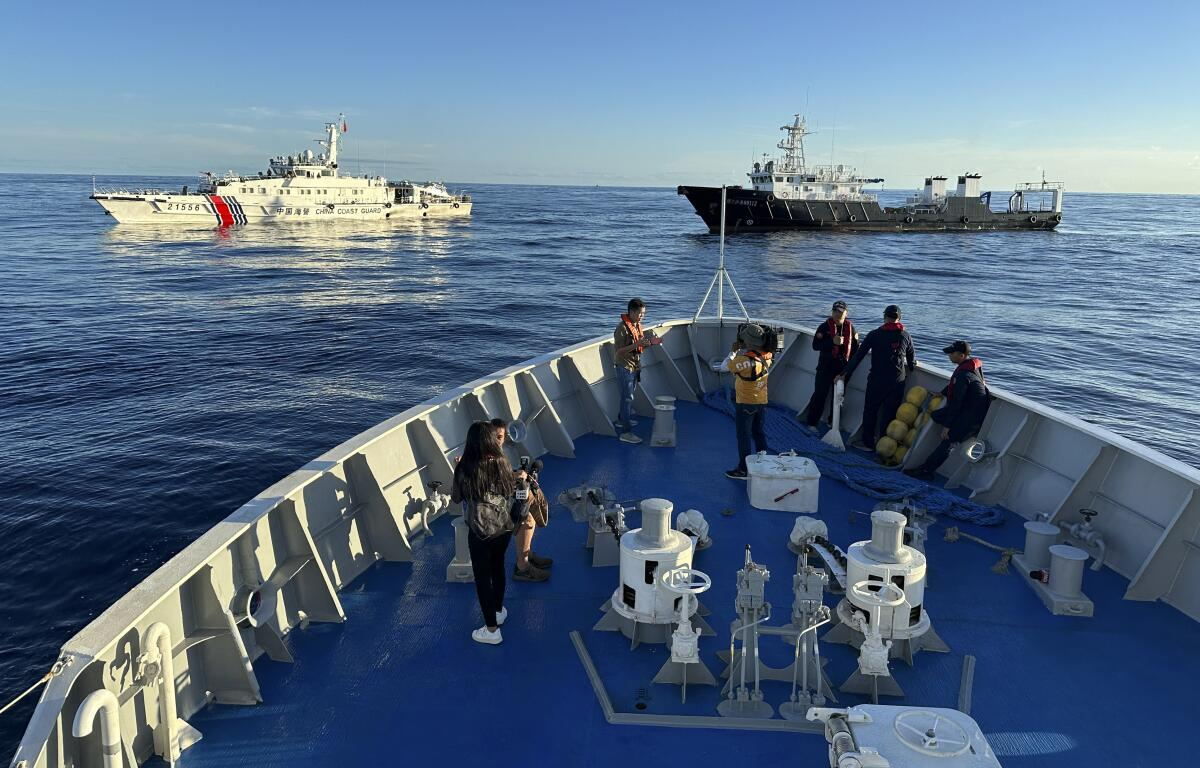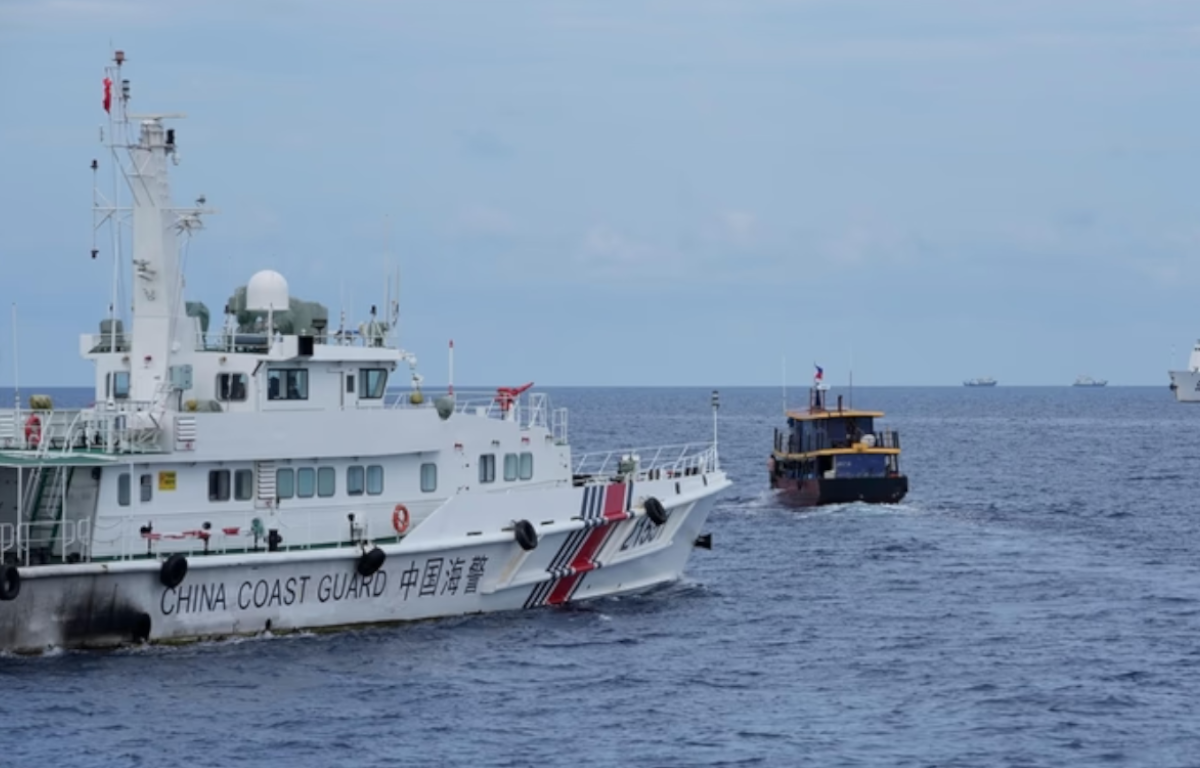
The South China Sea, a critical waterway that sees significant maritime traffic and is rich in natural resources, has been a focal point of territorial disputes involving multiple countries, including China, Vietnam, the Philippines, Malaysia, and Brunei. These disputes revolve around conflicting claims over islands, reefs, and maritime boundaries, leading to occasional confrontations and diplomatic friction.
China’s military drills in the South China Sea are part of its broader efforts to bolster its presence and assert its territorial claims in the region. The exercises often involve a range of activities, including naval maneuvers, missile tests, and air patrols, showcasing China’s military capabilities and signaling its readiness to defend what it perceives as its sovereign territory.
The timing of China’s drills in the South China Sea has raised eyebrows and drawn international scrutiny, particularly amid ongoing tensions and competing claims among neighboring countries. The exercises come against the backdrop of increased maritime patrols and military deployments by various actors in the region, contributing to a heightened sense of strategic competition and uncertainty.
The United States and other countries have expressed concerns about China’s militarization of the South China Sea and its impact on regional stability. The US, in particular, has conducted freedom of navigation operations (FONOPs) to challenge what it views as excessive maritime claims and to uphold the principles of international law, including freedom of navigation and overflight.
The South China Sea disputes have been the subject of diplomatic negotiations, multilateral dialogues, and legal proceedings, including arbitration under the United Nations Convention on the Law of the Sea (UNCLOS). However, finding a comprehensive and lasting resolution to these complex issues remains a challenge, given the competing interests and historical grievances involved.
Efforts to mitigate tensions in the South China Sea have emphasized the importance of dialogue, confidence-building measures, and adherence to international norms and agreements. Regional forums such as the Association of Southeast Asian Nations (ASEAN) play a crucial role in facilitating dialogue and promoting cooperative approaches to maritime security and conflict resolution.
As China continues to assert its presence and conduct military drills in the South China Sea, the region remains a focal point of geopolitical competition and strategic maneuvering. The evolving dynamics underscore the need for diplomatic engagement, transparency, and respect for international law to ensure stability and security in one of the world’s most strategically vital maritime regions.










Share this: